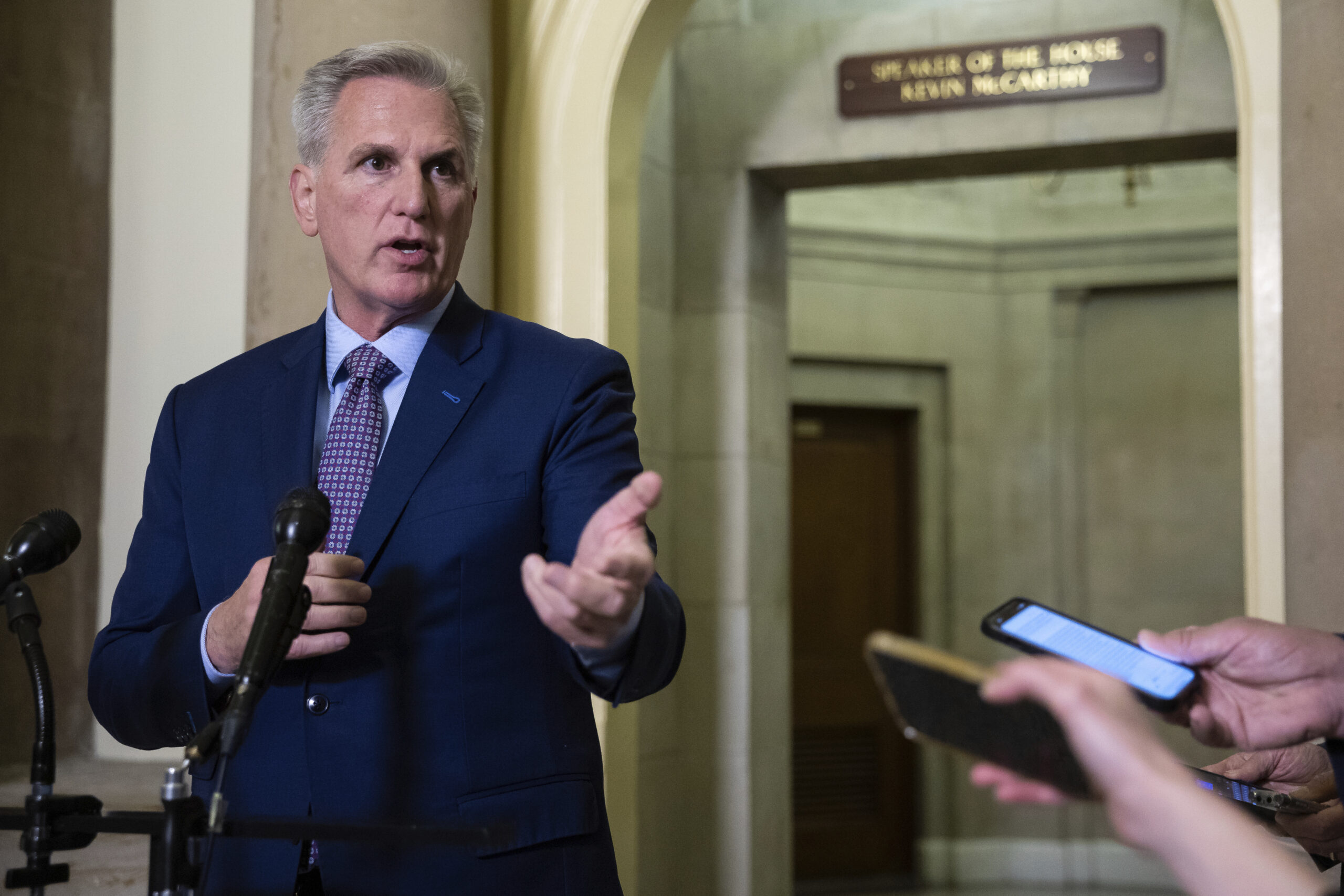Debt anxiety has been a major concern for many Americans, especially during the pandemic. However, recent developments on Capitol Hill have brought some relief to those who are struggling with debt.
The Biden administration has been pushing for a $1.9 trillion stimulus package that includes direct payments to individuals, extended unemployment benefits, and aid to small businesses. While the package has faced opposition from Republicans, it has been passed by the House of Representatives and is now being considered by the Senate.
This news has brought some hope to those who are struggling financially. The direct payments, in particular, could provide much-needed relief to those who are behind on bills or struggling to make ends meet.
However, some experts warn that this may not be enough to address the root causes of debt anxiety. While the stimulus package may provide temporary relief, it does not address the underlying issues that lead to financial insecurity.
For example, many Americans are burdened by high levels of student loan debt, which can make it difficult to save for emergencies or invest in their future. Others may be struggling with medical debt or credit card debt, which can be difficult to pay off even with government assistance.
To truly address debt anxiety, we need to look at systemic solutions that address the root causes of financial insecurity. This could include policies that make education more affordable, improve access to healthcare, and strengthen consumer protections.
While the stimulus package is a step in the right direction, it is important to remember that it is just one piece of the puzzle. We need to continue working towards long-term solutions that will help all Americans achieve financial stability and security.































